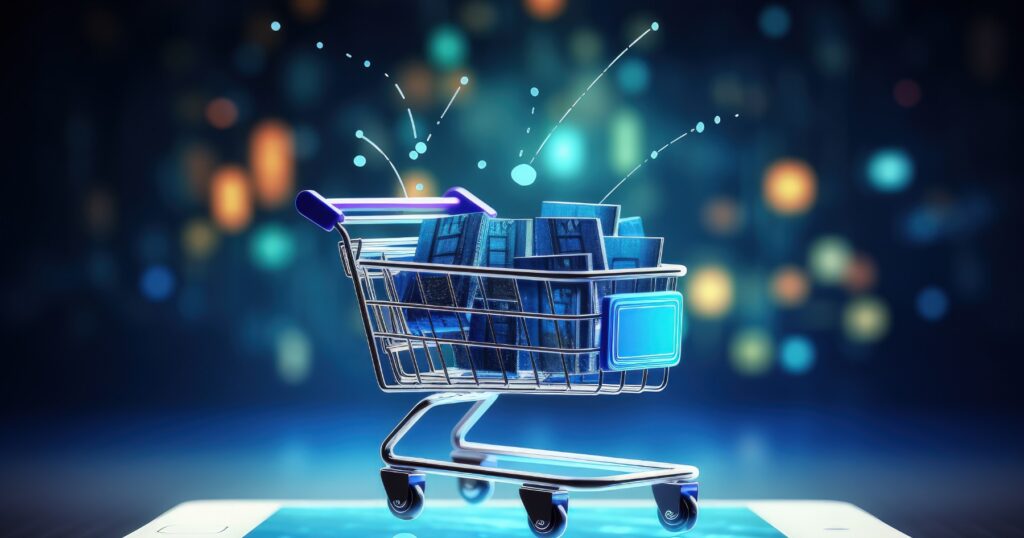Buyer habits and demographics are changing rapidly, forcing B2B companies to fight tooth and nail for attention. But how do you disrupt a trillion-dollar industry like pharmaceuticals or manufacturing?
The key is creating a centralized, easy-to-use interface for buying and selling online. One that enables easy communication between buyers and sellers while collecting valuable customer data. For these reasons, this last decade has quickly become the age of the B2B marketplace. So, what are B2B marketplaces and what advantages do they provide?
What is a B2B Marketplace?
Similar to how Amazon allows consumers to purchase items from 3rd party vendors, corporate megaliths like 3M and AB InBev now have online portals that provide better buying experiences for their vendors. In other words, a B2B marketplace is an online store that uses eCommerce functionality to let buyers view different brands and product lines from hundreds of vendors. This is all in one place. Buyers using these B2B marketplaces can easily compare prices and products to ensure they order the products they need at the best price.
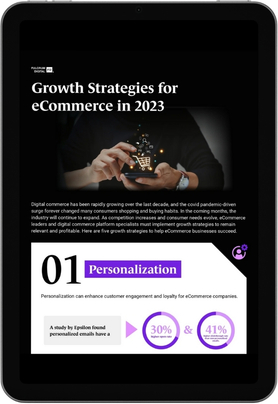
GROWTH STRATEGIES FOR ECOMMERCE IN 2023
Learn the latest growth strategies to stay relevant and profitable in the dynamic landscape of digital commerce.
What is a b2b marketplace buyer portal online digital market?
The migration of industries to online marketplaces isn’t just due to the advent of cutting-edge software aimed at enhancing operational efficiency in B2B organizations. In a more recent projection, Morgan Stanley analyst Grace Chen predicts Amazon is poised to seize as much as 15% of the available B2B market by the end of the year.. Consequently, enterprises across various sectors, from aerospace to construction, have been rapidly setting up online marketplaces, all to lead the pack. The warning signs are clear and imminent – with Amazon’s formidable expansion capabilities poised to transform B2B commerce in a manner reminiscent of its revolution of the retail landscape.
Competition aside, giving your vendors and buyers a “one-stop shop” experience is good business. And make no mistake, B2B marketplaces greatly benefit the businesses that own them. Let’s look at two top companies to learn how their marketplaces strengthen their overall strategy.
Strategic Advantage: AB InBev’s B2B Portal
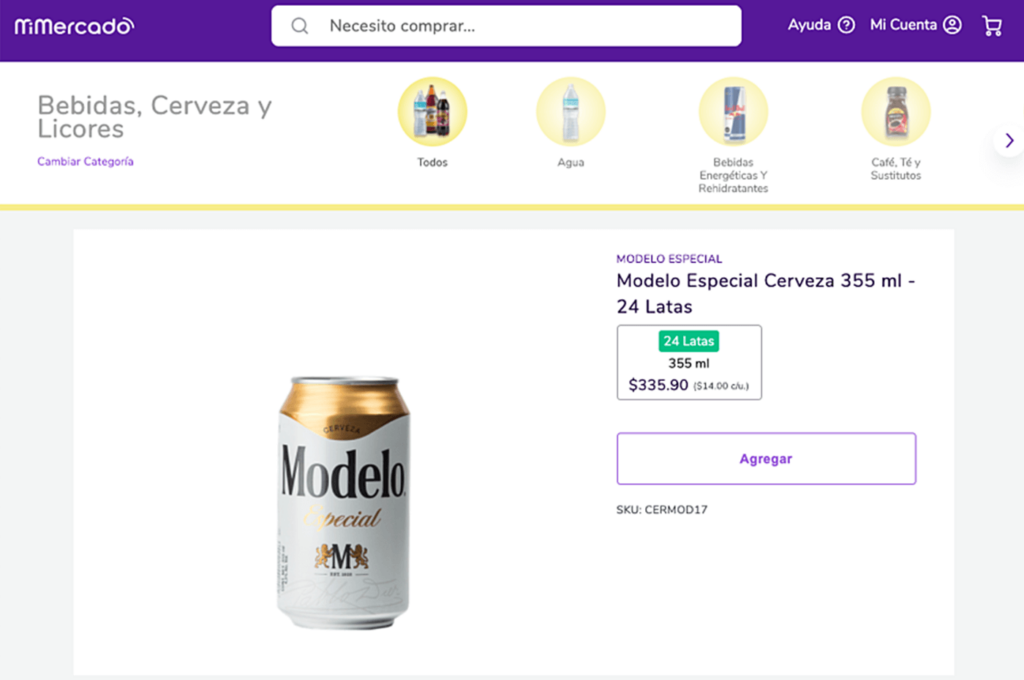
In the latter half of 2022, the global leader in beer distribution, AB InBev (home to renowned brands such as Budweiser, Corona, and Stella Artois), introduced a comprehensive B2B e-commerce hub for its retailers. Considering that a staggering 98% of AB InBev’s revenue comes from B2B transactions, the launch of this streamlined and automated ordering system was monumental. With an impressive $10 million GMV generated in its initial quarter, AB InBev is intent on expanding this online platform through 2024 and in the years to come.
The advanced B2B vendor interface they unveiled also allows them to delineate retailers’ purchasing processes. With these powerful analytics, AB InBev can refine vendors’ procurement experience even further. This data also allow them to monitor buyer patterns fluctuating with seasonal shifts and a multitude of other factors. As a result of ongoing enhancements and innovations, the digital marketplace enhances AB InBev’s commercial strategies.
Strategic Advantage: 3M’s Marketplace
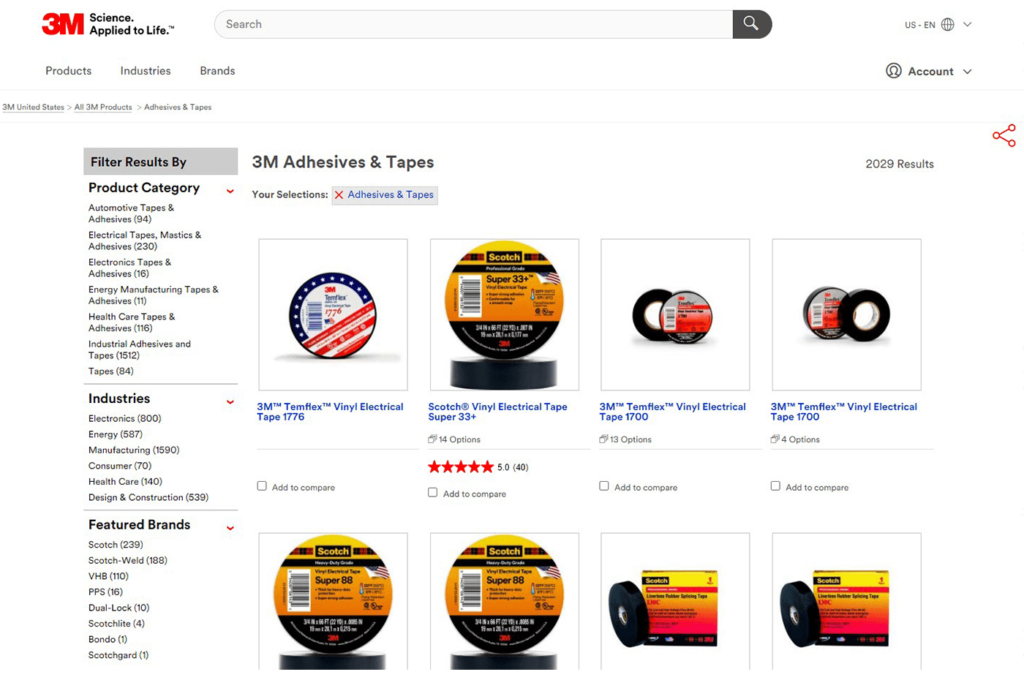
In 2023, 3M further advanced its B2B marketplace, which was established in 2019. On this updated platform, channel partners continue to independently merchandise their products. Embracing an innovative strategy, 3M does not dominate the buying process. Instead, it empowers its channel partners with autonomy over sales and transactions, including the flexibility to set their offers and pricing. 3M’s role is primarily to enable direct interactions between partner sellers and potential buyers.
By maintaining in a detached yet supervisory role, 3M can monitor all online sales activities without intensive vendor oversight. This model proves advantageous by refining the purchasing experience for vendor clients and mitigating disputes within sales channels.
Top 5 Features of B2B Marketplaces
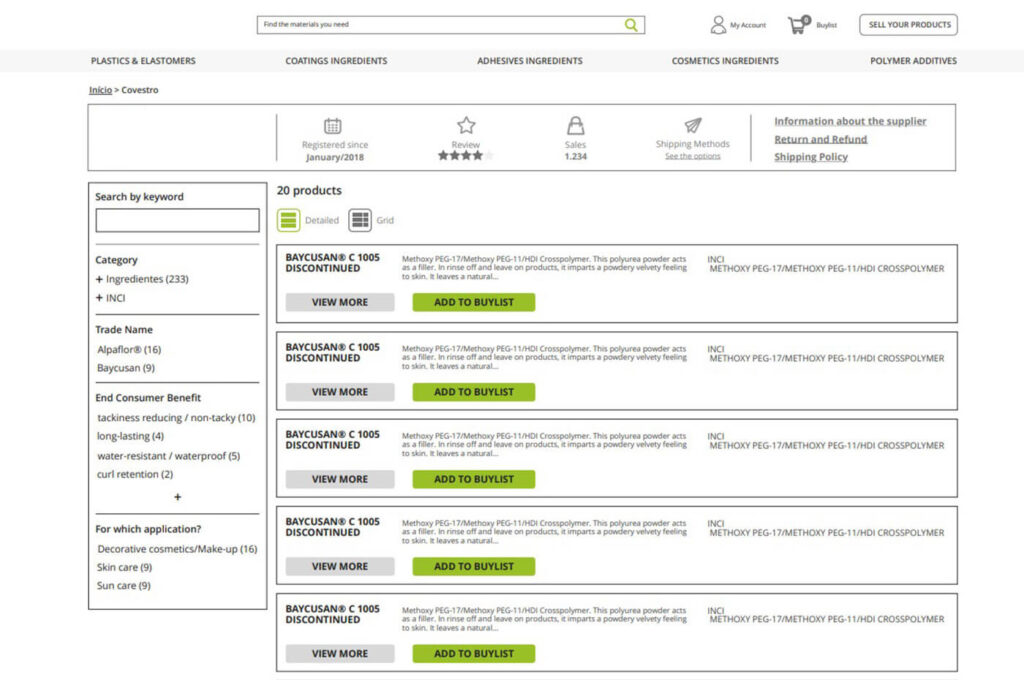
The shift towards online marketplaces isn’t just a fad. It’s driven by powerful forces like:
- The increasing adoption of e-commerce technology: B2B buyers are now comfortable purchasing everything from office supplies to industrial equipment online.
- The dominance of Amazon: The e-commerce giant has cast a long shadow over the B2B world, forcing other companies to adapt and innovate.
- The need for efficiency and cost savings: B2B marketplaces can help businesses streamline their operations, reduce overhead costs, and improve profitability.
What are some of the biggest benefits of B2B marketplaces for businesses?
Whether you’re a Fortune 500 company or a growing startup, B2B marketplaces offer a multitude of benefits:
- Increased reach and visibility: Reach a wider audience of potential buyers without geographical limitations.
- Improved customer experience: Provide a convenient and efficient buying experience for your customers.
- Enhanced data collection and analytics: Gain valuable insights into customer behavior and market trends.
- Reduced costs: Streamline operations, automate tasks, and save money on overhead expenses.
- Stronger vendor relationships: Build closer relationships with your vendors by providing them with a platform to showcase their products and services.
Different Types of Marketplaces
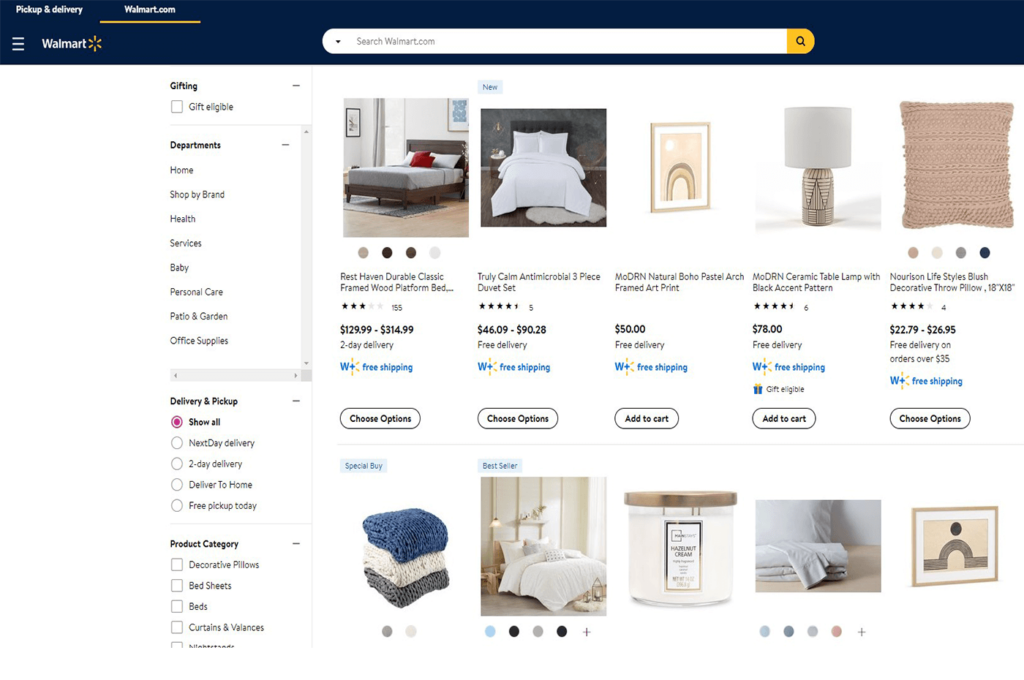
All kinds of companies are building B2B marketplaces to expand their digital capabilities in 2024. Walmart has launched a digital marketplace to compete with Amazon. This allows for a much larger selection of brands and sellers to sell on Walmart’s website. Giving Walmart an even larger market share than before.
Outside of CPG, a household name in aerospace manufacturing Honeywell established the Honeywell Marketplace for aerospace parts companies. In an industry dominated by brand loyalty and trust, it’s almost impossible to get buyers to see your products if you aren’t on Honeywell’s trusted marketplace.
The Future of B2B Marketplaces
The B2B marketplace landscape is still evolving, but one thing is clear: online platforms are the future of B2B commerce. As technology advances and buyer expectations continue to rise, B2B marketplaces will become even more sophisticated and ubiquitous.
If you’re not already leveraging the power of B2B marketplaces, it’s time to start exploring your options. By embracing this transformative technology, you can ensure your business stays ahead of the curve and thrives in the digital age.
Remember, disruption is the name of the game. Don’t get left behind!



